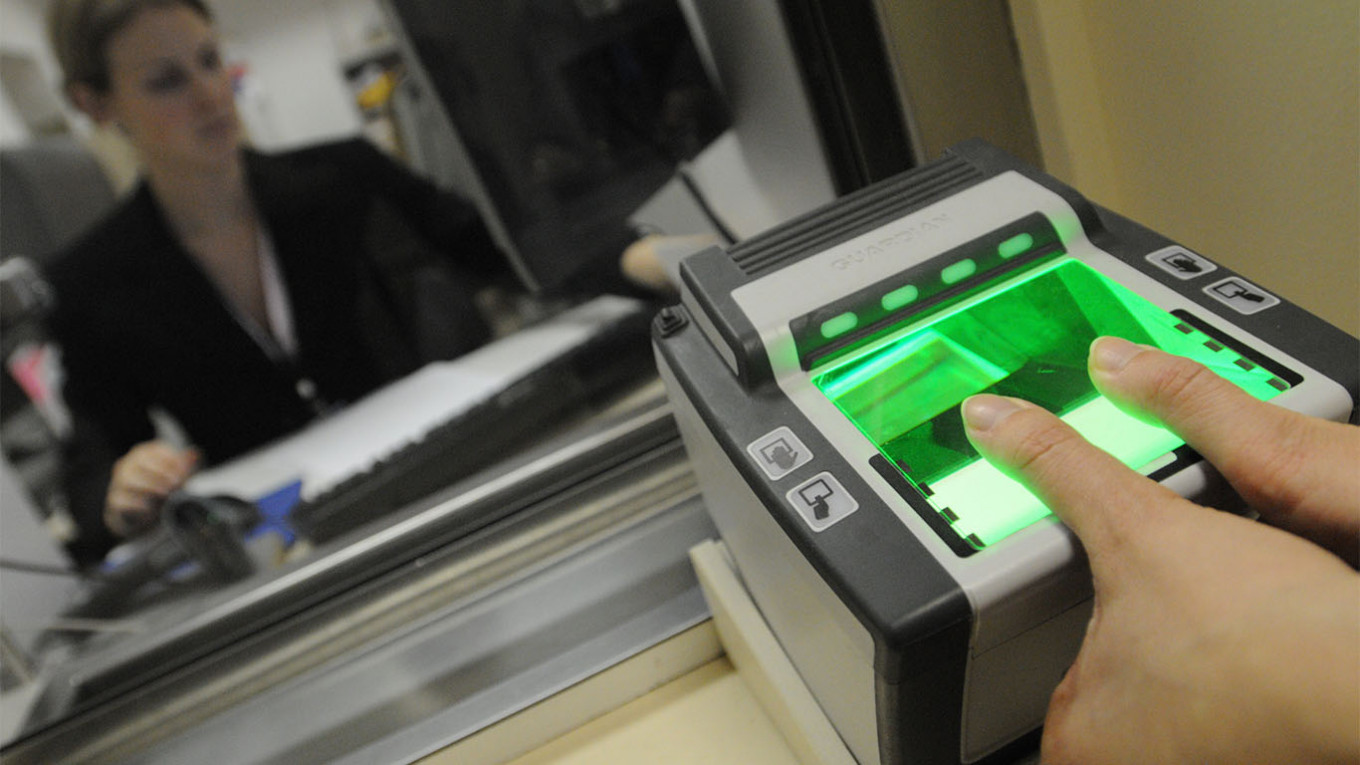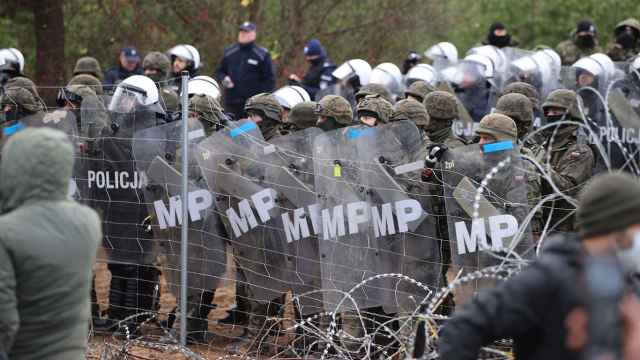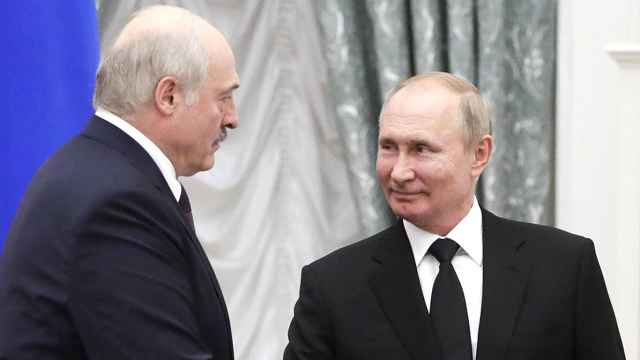Russia plans to require long-staying foreigners to submit fingerprints and carry electronic migration cards as part of the country's wide-ranging immigration reforms, the Kommersant business daily reported Friday.
The Interior Ministry has drafted legislation requiring foreigners who intend to stay in Russia for more than 30 days to submit their fingerprints and other personal data, according to Kommersant. This data would be used to create ID cards containing the individuals' information as well as their work permits.
The new rules will also allow foreigners to change their purpose of stay without crossing the border and will replace paper migration cards with electronic ones, the newspaper wrote.
“Migration cards worked well, but they’re already outdated and it’s time to introduce digital technologies,” the deputy head of the Federal Migration Service (FMS) told Kommersant.
The changes will affect foreign nationals that are required to obtain visas to travel to Russia as well as those with visa waivers.
It was not immediately clear how soon the proposed bill will be submitted into Russia’s parliament, which reconvenes after summer recess next week. Kommersant reported that the Interior Ministry submitted the new rules to the civic chamber, a consultative body that analyzes draft legislation.
The planned reforms follow President Vladimir Putin’s instructions in 2018 to ease migration policy in order to offset Russia’s demographic slump. Russia has since adopted eight immigration reform laws, the head of the Interior Ministry’s migration department Valentina Kazakova told Kommersant.
The reforms have helped Russia to double naturalizations in early 2020.
A Message from The Moscow Times:
Dear readers,
We are facing unprecedented challenges. Russia's Prosecutor General's Office has designated The Moscow Times as an "undesirable" organization, criminalizing our work and putting our staff at risk of prosecution. This follows our earlier unjust labeling as a "foreign agent."
These actions are direct attempts to silence independent journalism in Russia. The authorities claim our work "discredits the decisions of the Russian leadership." We see things differently: we strive to provide accurate, unbiased reporting on Russia.
We, the journalists of The Moscow Times, refuse to be silenced. But to continue our work, we need your help.
Your support, no matter how small, makes a world of difference. If you can, please support us monthly starting from just $2. It's quick to set up, and every contribution makes a significant impact.
By supporting The Moscow Times, you're defending open, independent journalism in the face of repression. Thank you for standing with us.
Remind me later.






